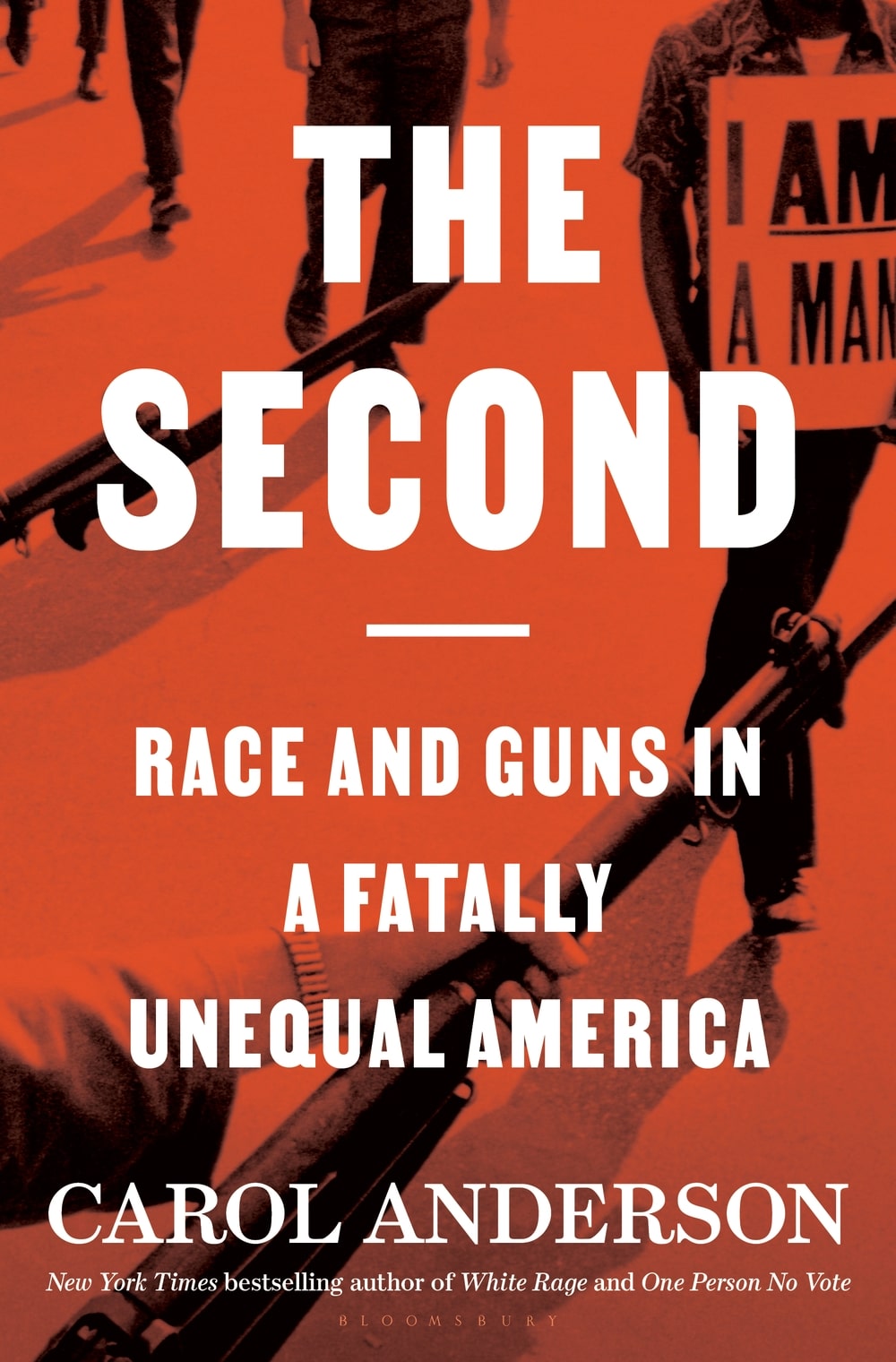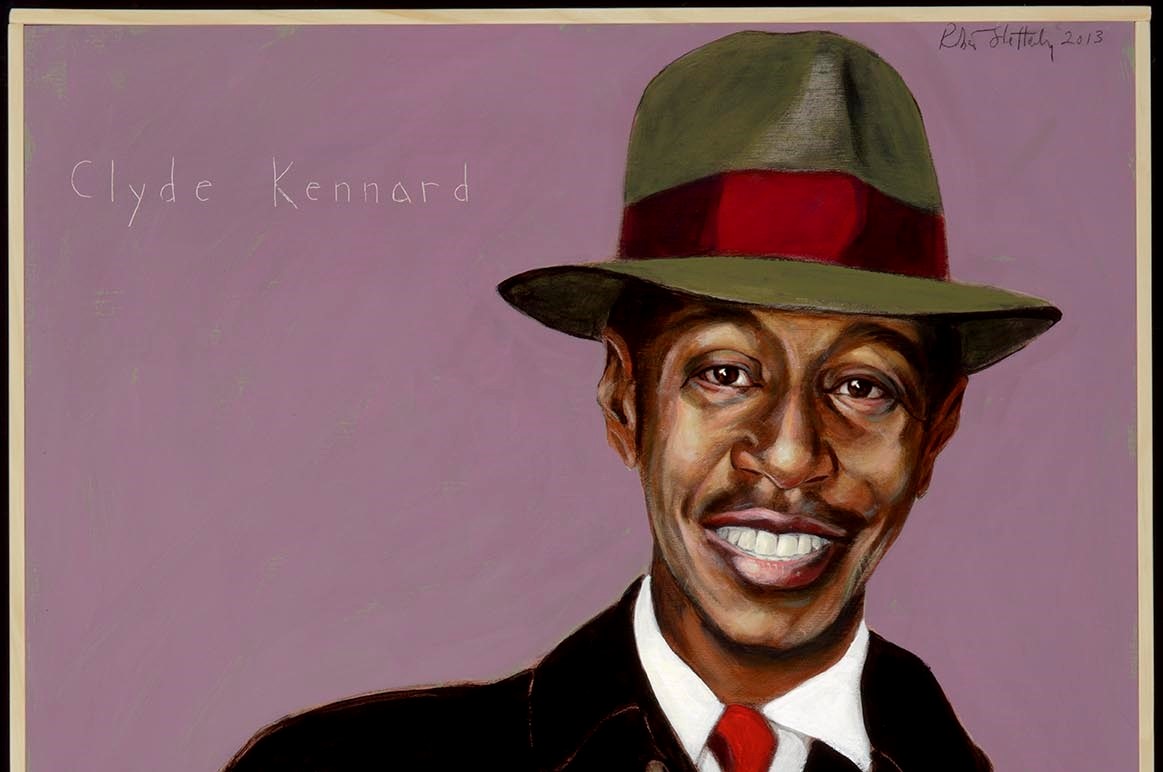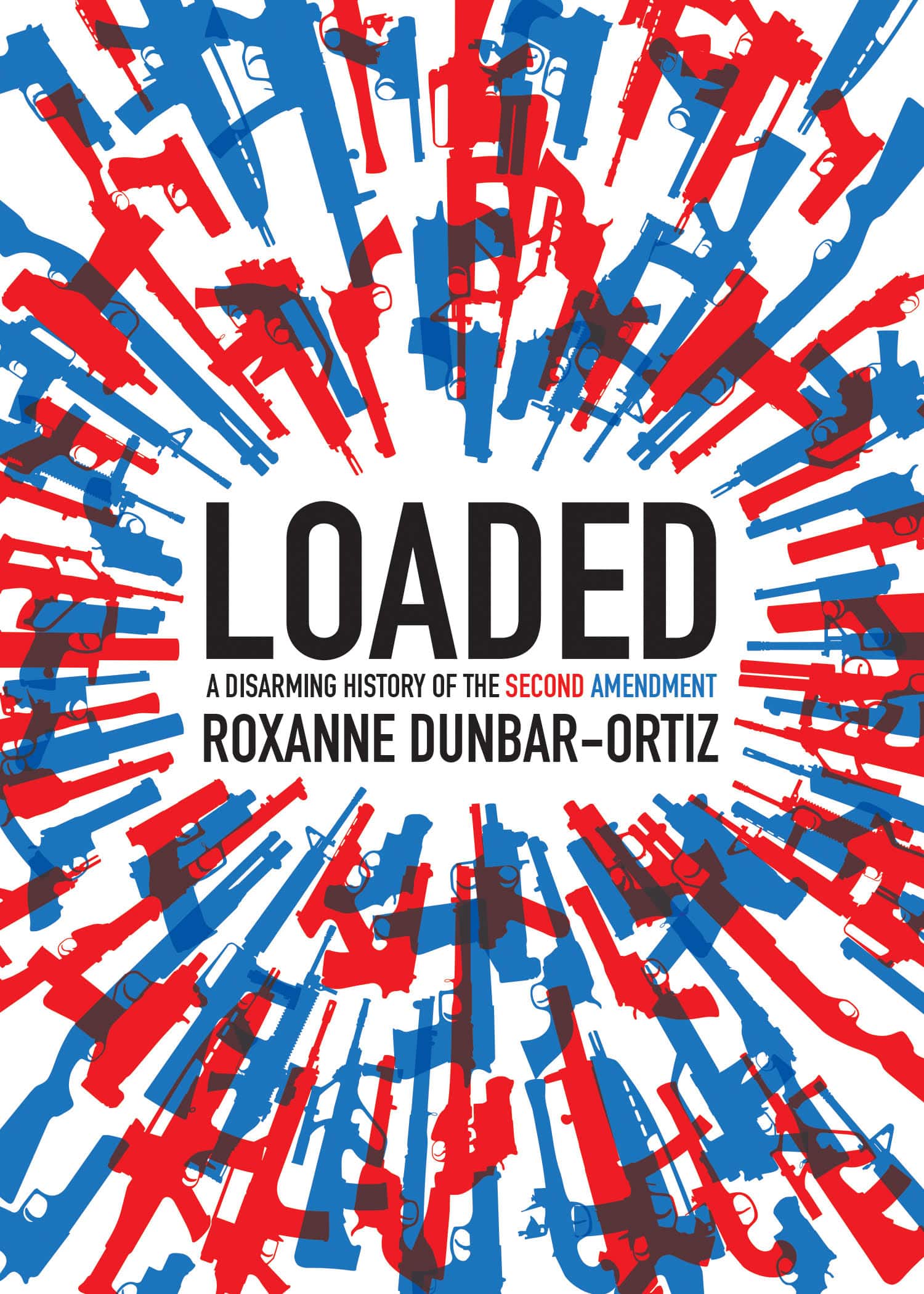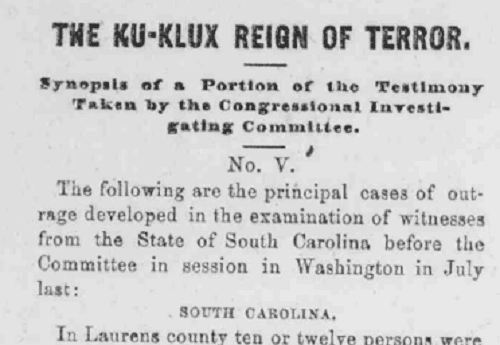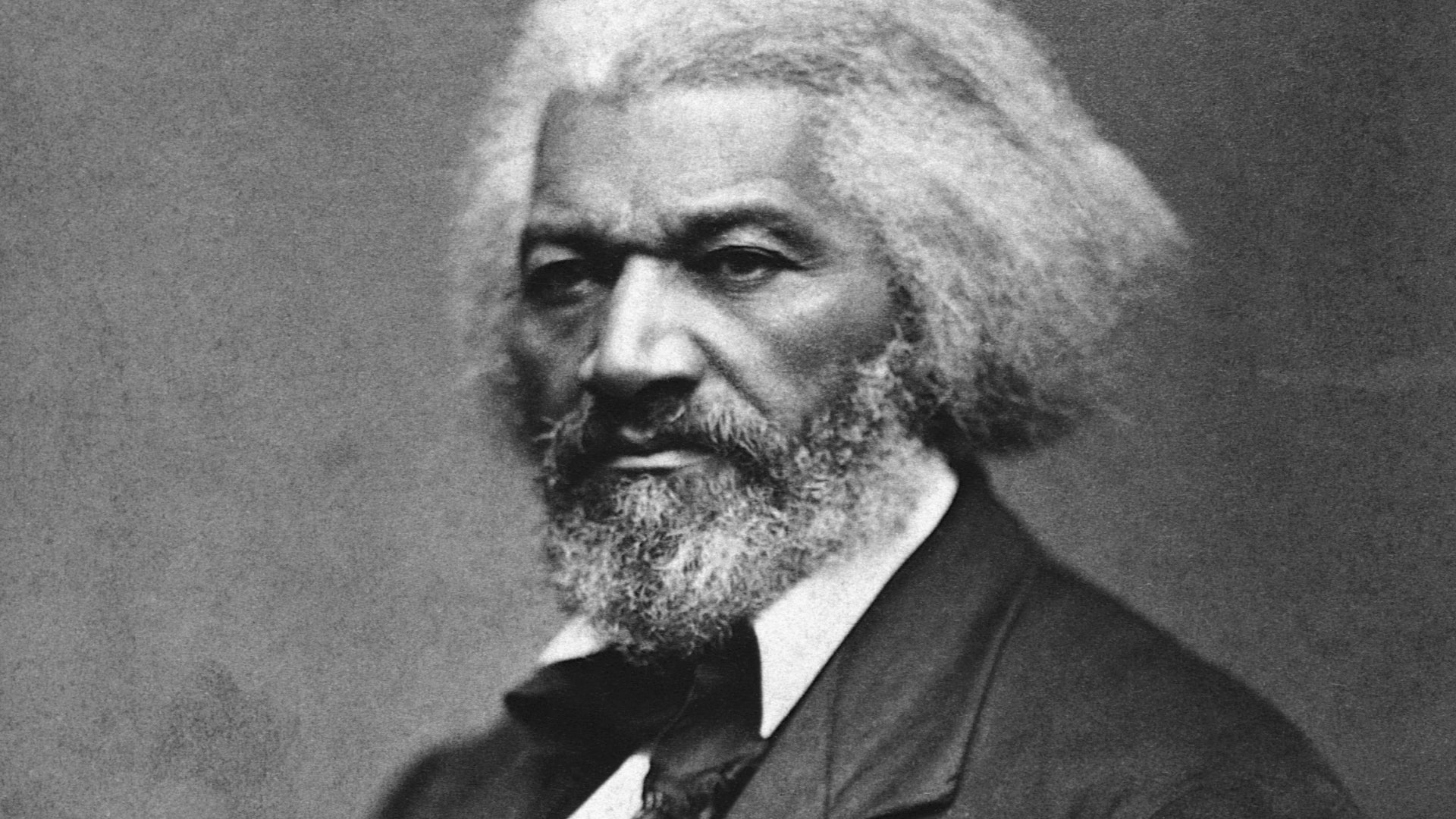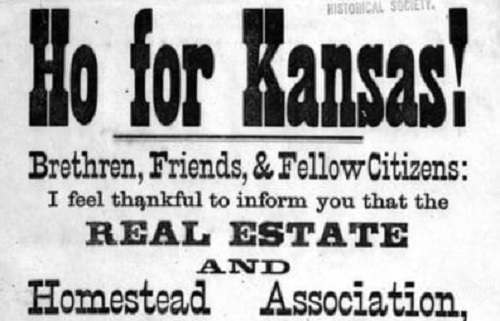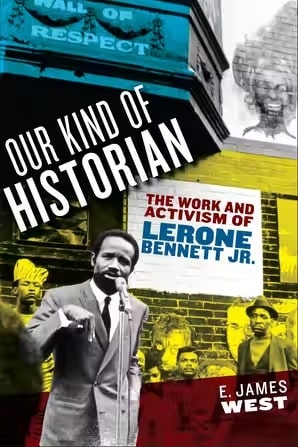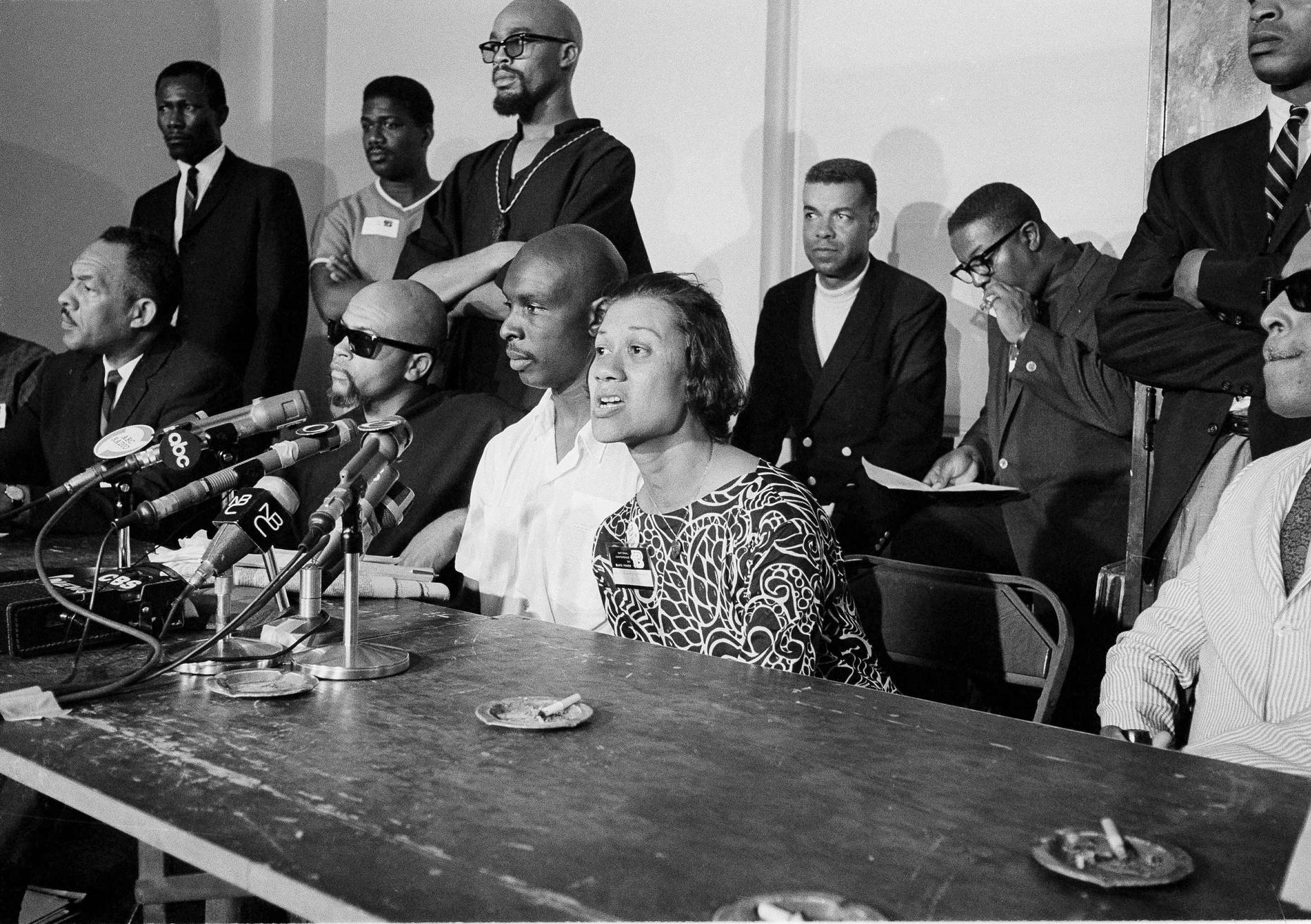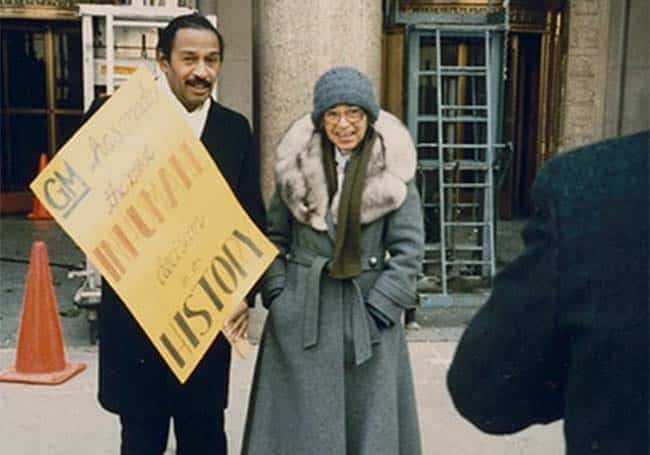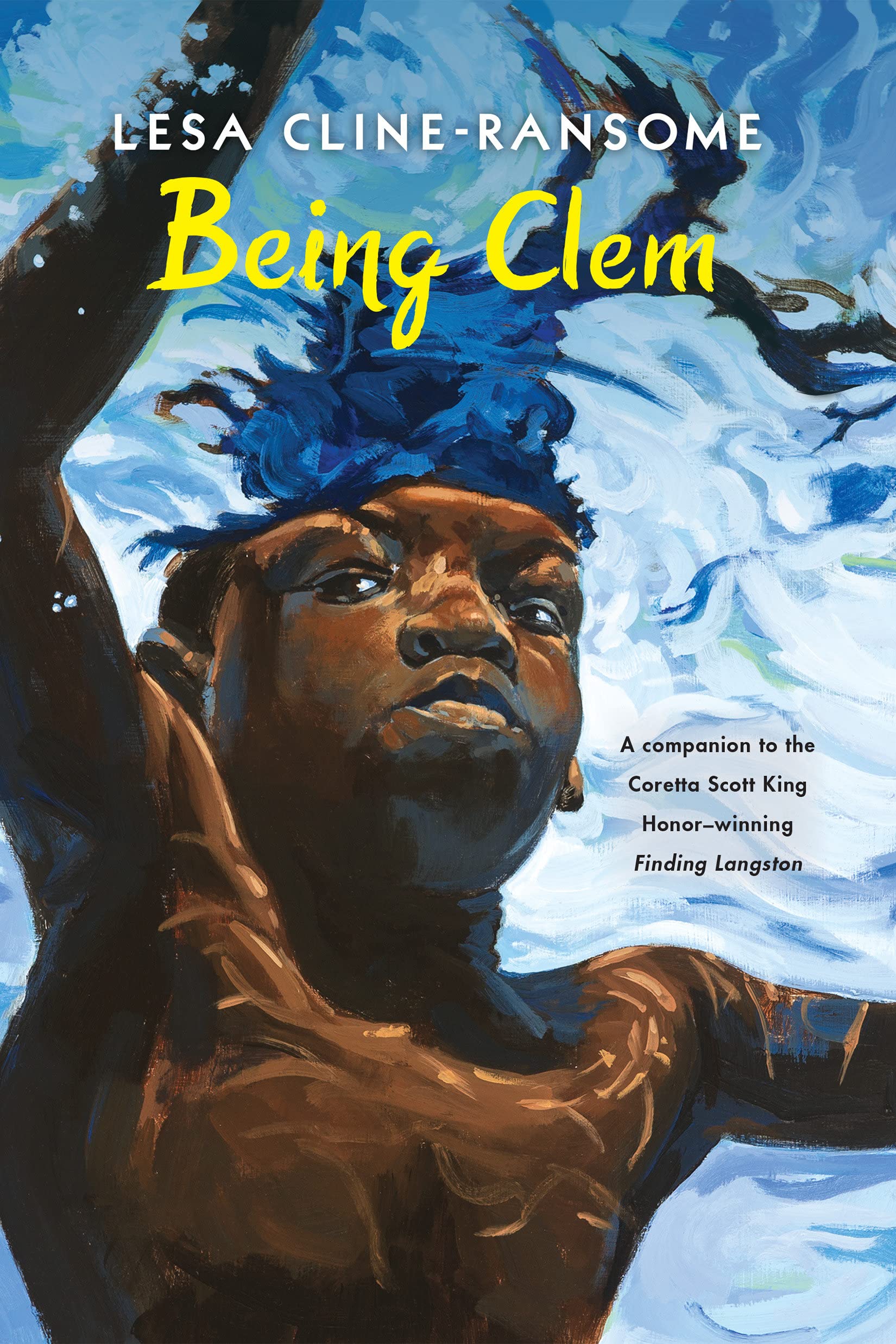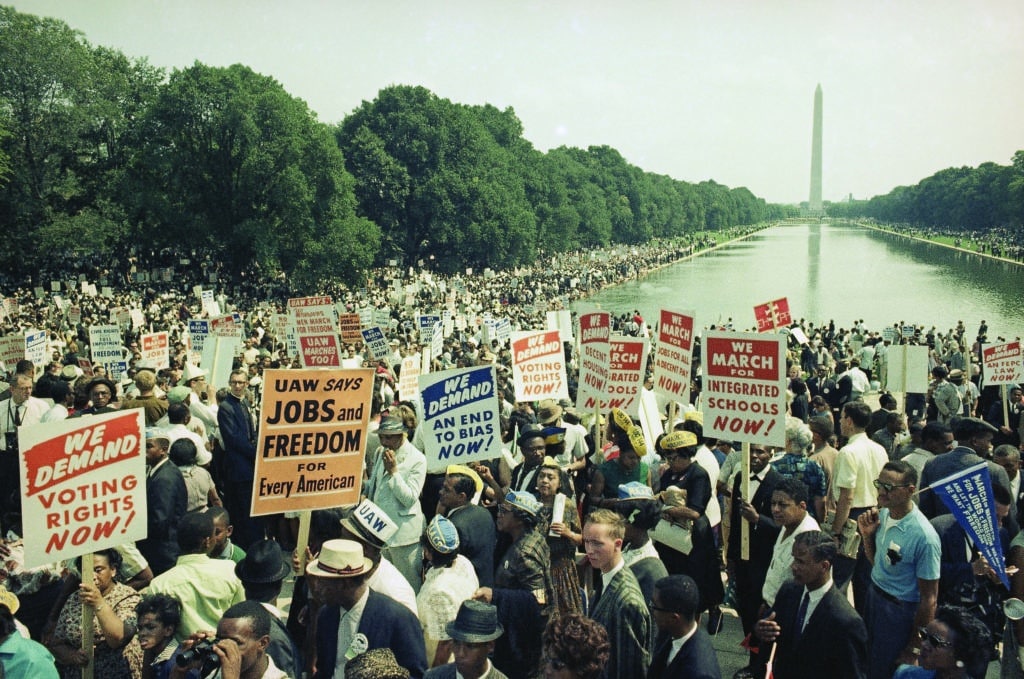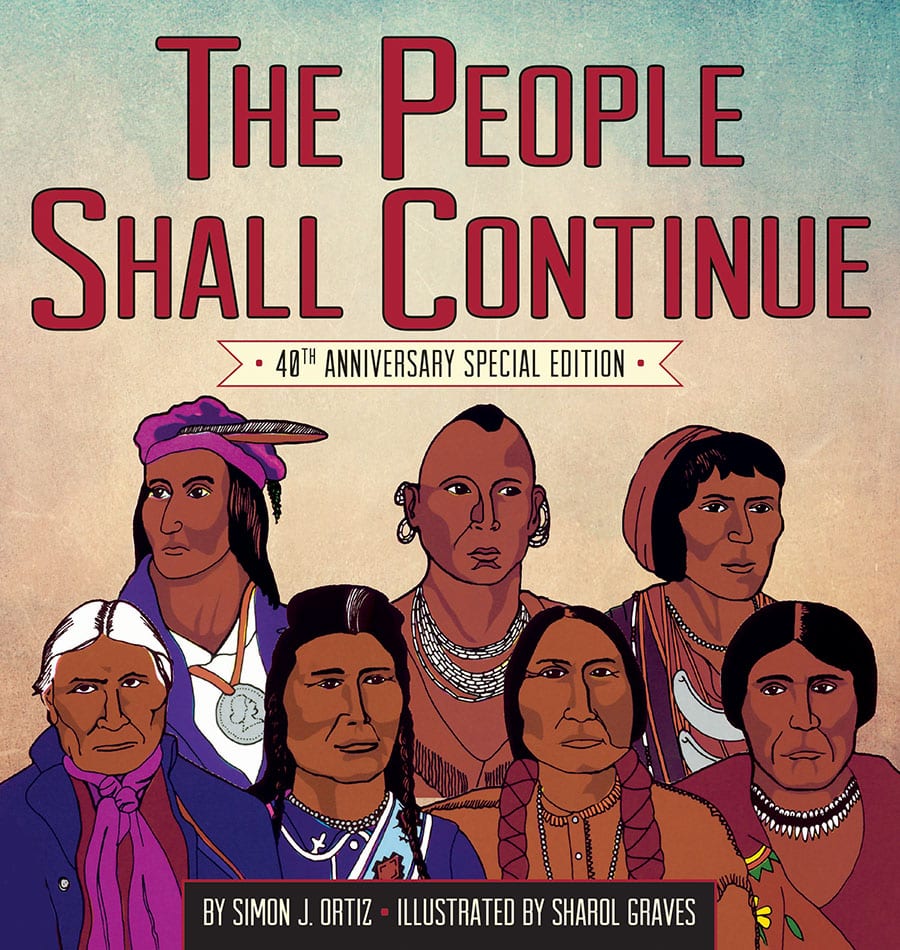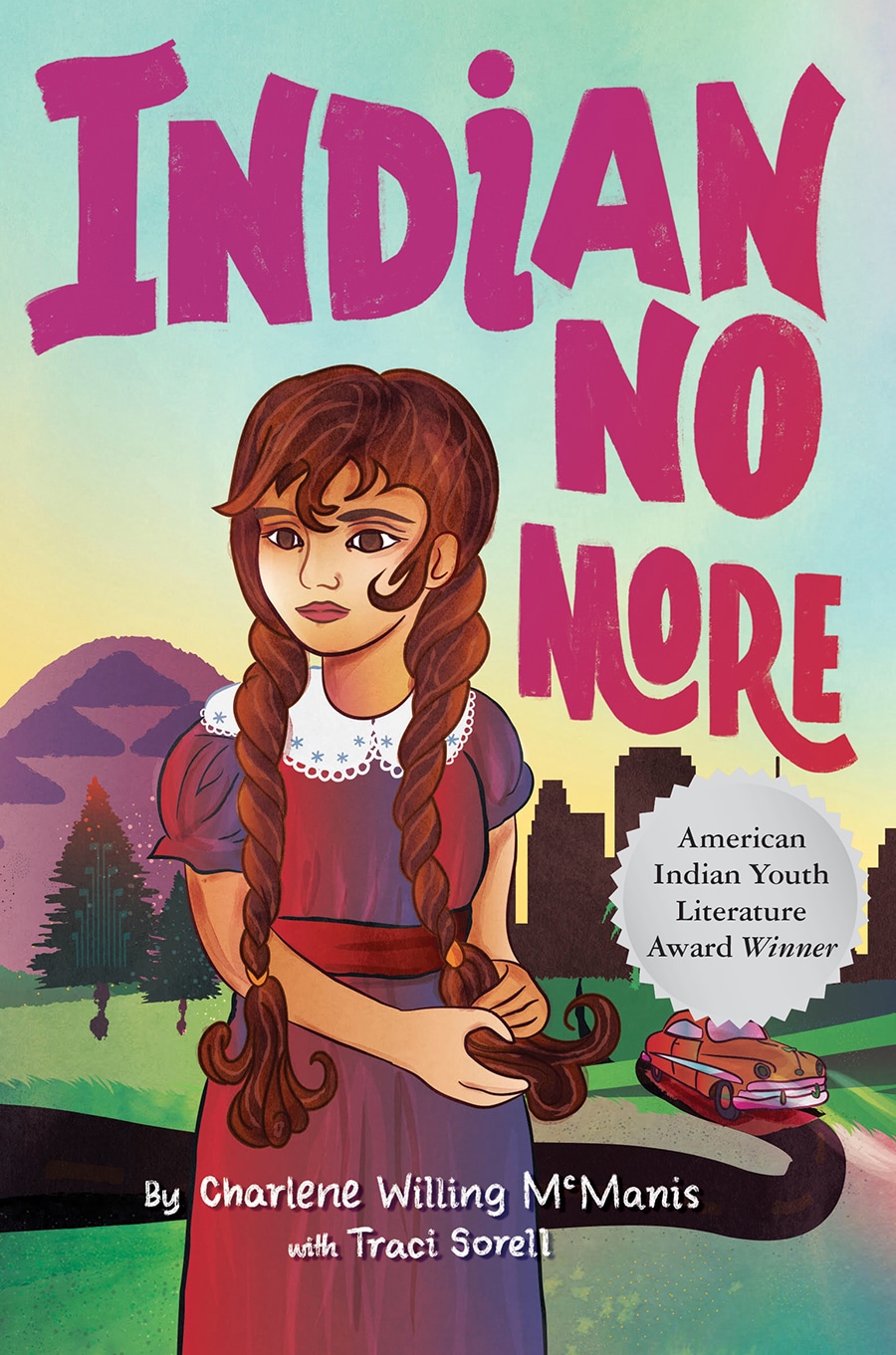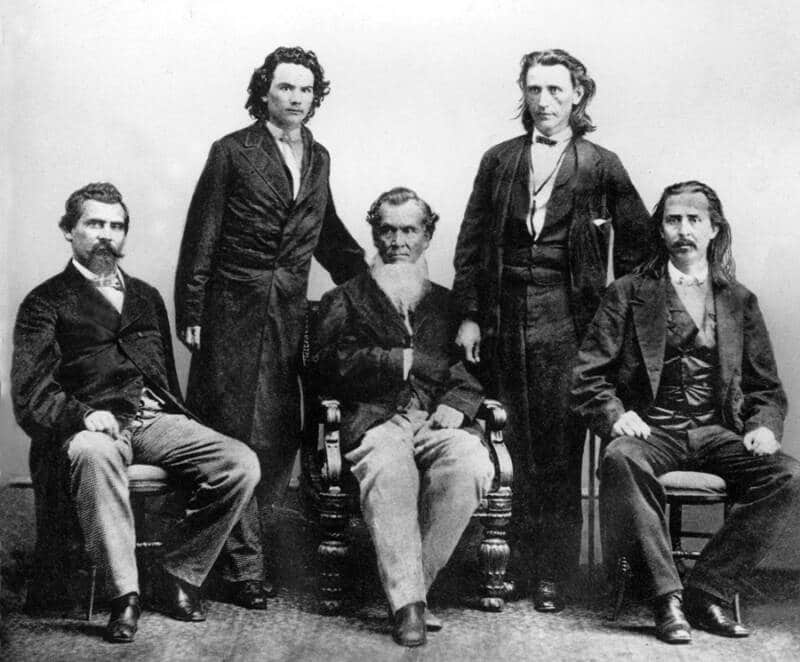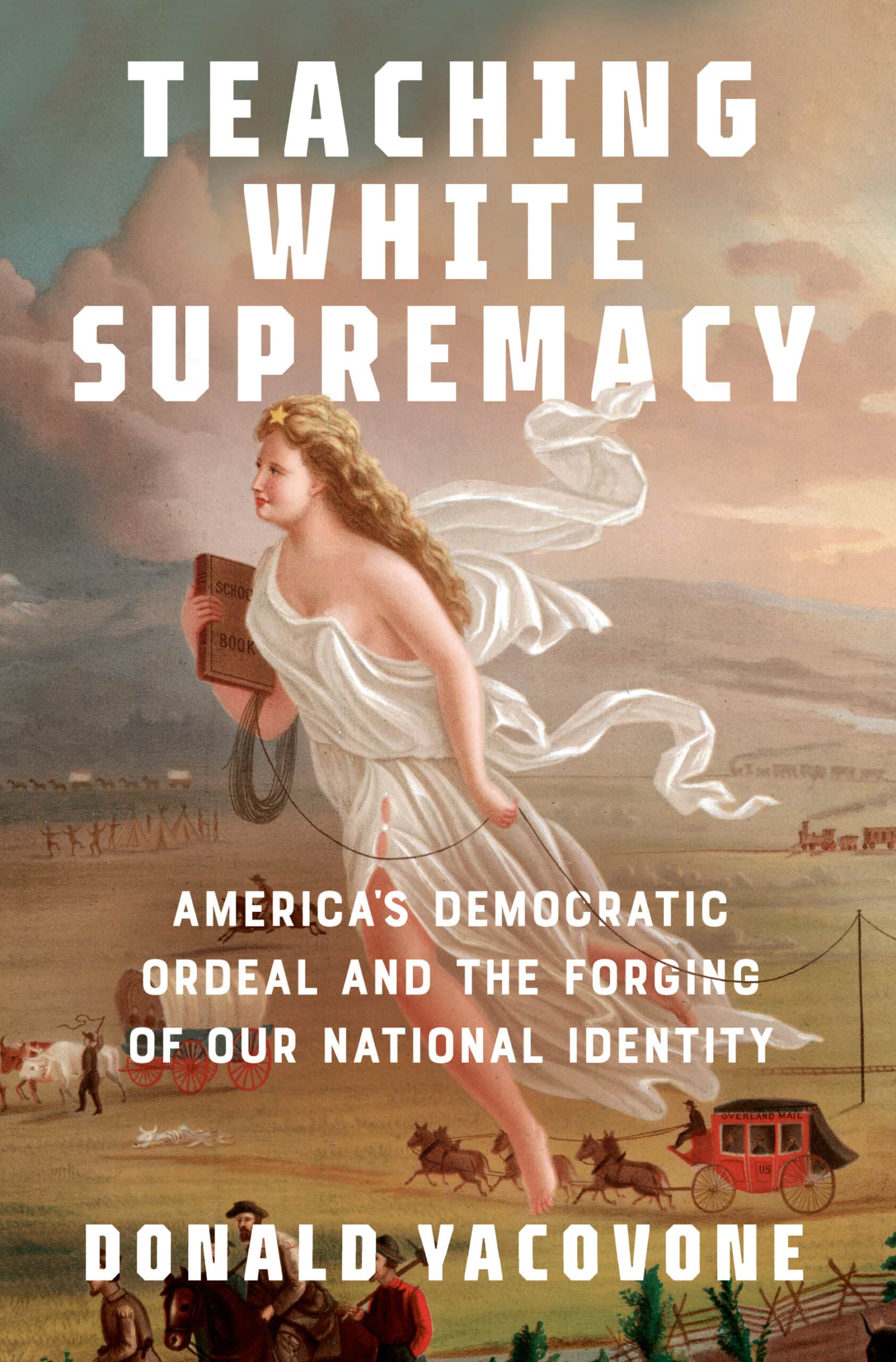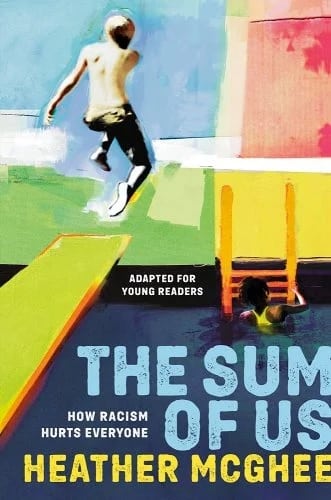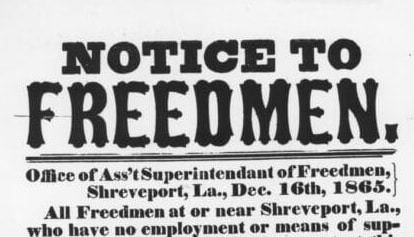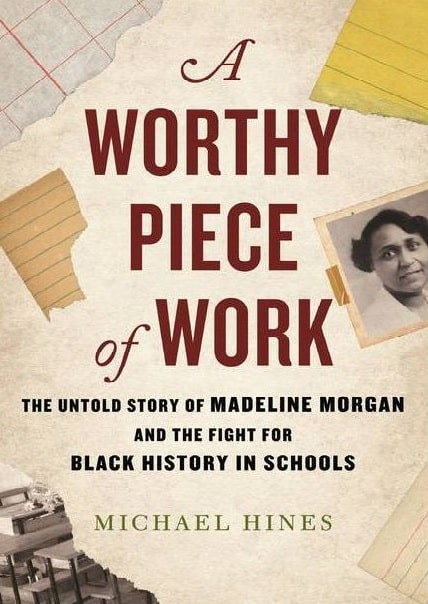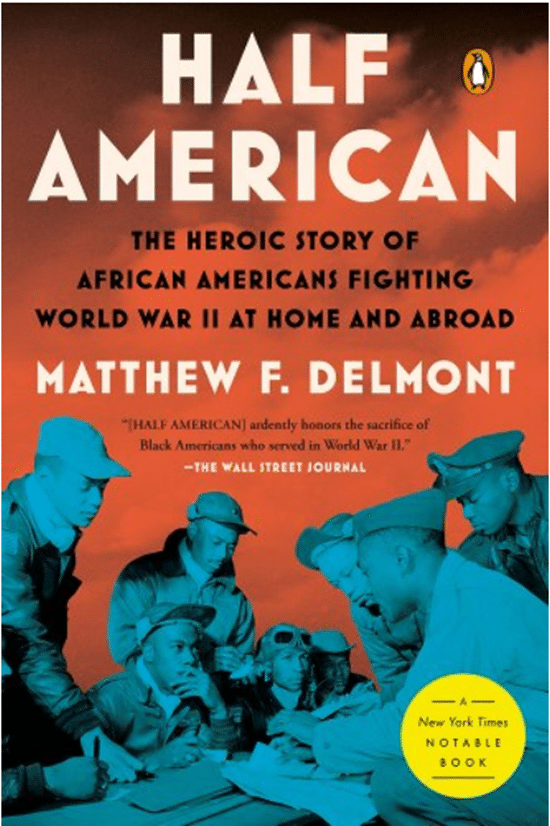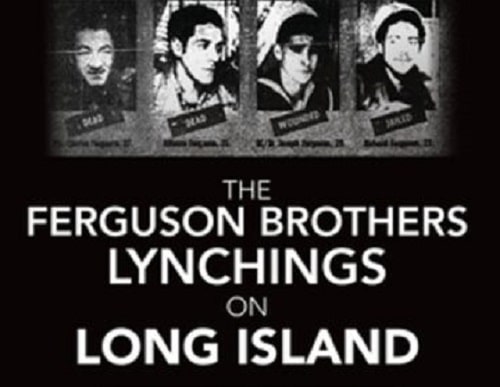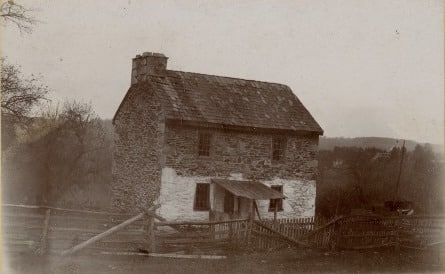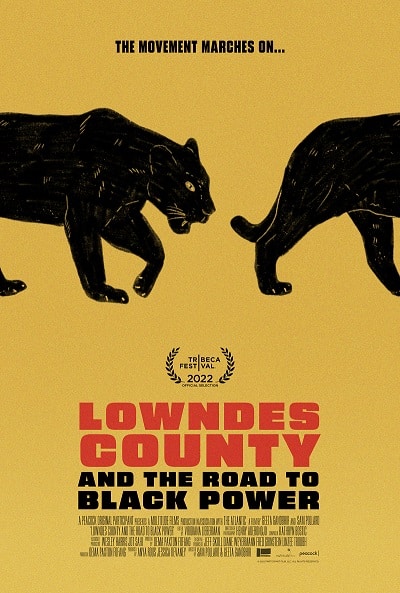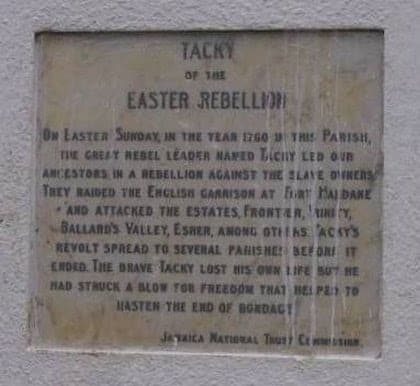Book — Non-fiction. By Carol Anderson. 2021. 272 pages.
This book illuminates the history and impact of the Second Amendment, how it was designed, and how it has consistently been constructed to keep African Americans powerless and vulnerable.
Continue reading
Clyde Kennard (June 12, 1927–July 4, 1963) bravely and righteously tried to pursue higher education in Mississippi. He faced the fatal wrath of the state as a result of his efforts to challenge white supremacy.
Continue reading
Book — Non-fiction. By Roxanne Dunbar-Ortiz. 2018. 236 pages.
A history of guns and gun laws in the United States, from the original colonization of the country to the present.
Continue reading
Elias Thomson, an African American who lived in Spartanburg, South Carolina, bravely shared testimony detailing violence inflicted against him because he voted for the Republican ticket in the local election.
Continue reading
In this speech, Frederick Douglass denounced the Civil Rights Cases of 1883, in which the Supreme Court held that the Thirteenth and Fourteenth Amendments did not empower Congress to outlaw racial discrimination by private individuals.
Continue reading
The Real Estate and Homestead Association helped organize travel and settlement for African Americans, “Exodusters,” who fled the South because of racial violence and “bulldozing” by white supremacist groups.
Continue reading
Book — Non-fiction. By Kidada E. Williams. 2024. 384 pages.
An account of the brutal white supremacist violence and terror that formerly enslaved people were faced with during Reconstruction.
Continue reading
Book — Non-fiction. By E. James West. 2022. 328 pages.
This biography examines the life of historian and activist Lerone Bennett Jr. and his influence on African American culture and history.
Continue reading
More than 1,000 delegates representing 286 organizations and institutions from 126 cities in 26 states, Bermuda, and Nigeria gathered at the National Conference on Black Power in Newark, New Jersey.
Continue reading
Teaching Activity. By Say Burgin, Jeanne Theoharis, and Ursula Wolfe-Rocca.
Students learn to “talk back” to official accounts of the Detroit Uprising of 1967 by focusing on its root causes. They also get a fuller sense of Rosa Parks’s life and politics, and the Black freedom struggle outside of the South.
Continue reading
Book — Fiction. By Lesa Cline-Ransome. 2021. 256 pages.
The final novel in the award-winning Finding Langston trilogy, this novel examines mid-twentieth century America through the eyes of Clem, a young boy whose family is torn apart after his father's untimely death.
Teaching Activity by Lesa Cline-Ransome
Continue reading
Teaching Activity. By Jessica Lovaas and Adam Sanchez. Rethinking Schools. 2021. Updated in 2023.
A lesson with case studies from Los Angeles; Birmingham, Alabama; Brooklyn; Detroit; Philadelphia, Pennsylvania; Albany, Georgia; and Cambridge, Maryland — to introduce students to the diverse struggles across the United States that were represented at the March on Washington.
Teaching Activity by Adam Sanchez
Continue reading
Picture Book. By Simon J. Ortiz, illustrated by Sharol Graves. 2022. 32 pages.
This powerful telling of the history of the Native/Indigenous peoples of North America recounts their story from Creation to the invasion and usurpation of Native lands.
Teaching Activity by By Simon J. Ortiz, Illustrated by Sharol Graves
Continue reading
Book — Historical fiction. By Charlene Willing McManis and Traci Sorell. 2016. 224 pages.
This award-winning children's book follows a young Indigenous girl's quest to understand her identity as an Indian despite being so far from home.
Continue reading
The Slave Revolt of 1842 — when dozens of enslaved Black people in Webbers Falls, Oklahoma fought back and briefly escaped from their Cherokee overseers — was the largest rebellion of enslaved people in Indian Territory history.
Continue reading
Book — Non-fiction. By Donald Yacovone. 2022. 464 pages.
This book details the battle over historical memory in public schools and how the white elite has devoted extraordinary resources to perpetuating racist ideas in each generation through K-12 curriculum.
Continue reading
Book — Non-fiction. By Heather McGhee. 2023. 240 pages.
This young readers’ edition analyzes racism in U.S. politics and policymaking, and provides a potential path forward through solidarity.
Continue reading
Teaching Activity. By Mimi Eisen and Ursula Wolfe-Rocca. 47 pages.
A follow-up lesson to “Reconstructing the South,” using primary source documents to reveal key outcomes of the Reconstruction era.
Continue reading
Book — Non-fiction. By Michael Hines. 2022. 224 pages.
The story of Madeline Morgan, a teacher and an activist who created curricula that bolstered Black claims for recognition and equal citizenship.
Continue reading
Book — Non-fiction. By Matthew Delmont. 2024. 400 pages.
Accounts from the Black press, Black workers and veterans, and civil rights activists, will help teachers and students tell a fuller, truer, and more historically useful story of World War II.
Continue reading
Two African American brothers — Charles and Alphonso Ferguson — were shot and killed by a white police officer in the segregated Freeport neighborhood of Long Island, New York.
Continue reading
A community of armed Black men and women in Christiana, Pennsylvania successfully defended four Black people from capture, serving as a catalyst for further armed self-defense within the abolitionist movement.
Continue reading
Book — Non-fiction. By Gerald Horne. 2022. 632 pages.
A detailed history of counterrevolutionary forces in Texas state history.
Continue reading
Film. Directed by Sam Pollard and Geeta Gandbhir. 2022. 90 minutes.
The story of young SNCC organizers who fought for voting rights and Black power in Lowndes County, Alabama.
Teaching Activity by Directed by Sam Pollard & Geeta Gandbhir
Continue reading
Inspired by the First Maroon War, a group of enslaved Ghanaian rebels in Jamaica sought to overthrow the British colonialists and create an independent Black nation on the island.
Continue reading

